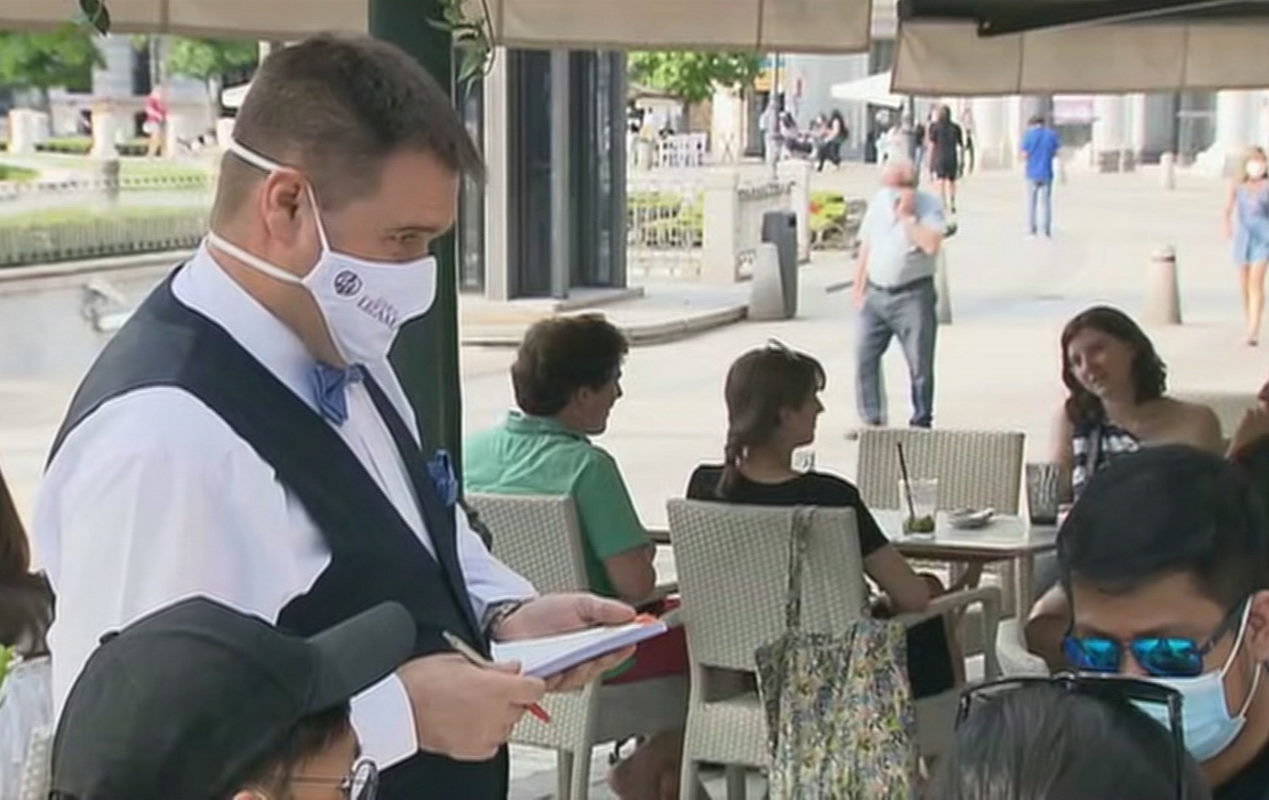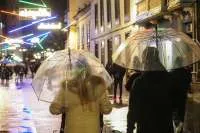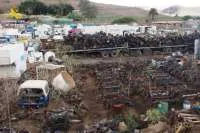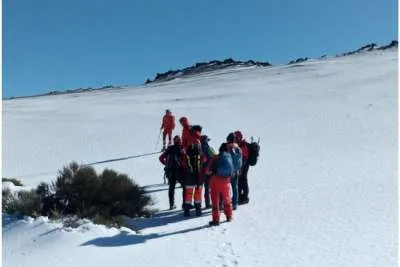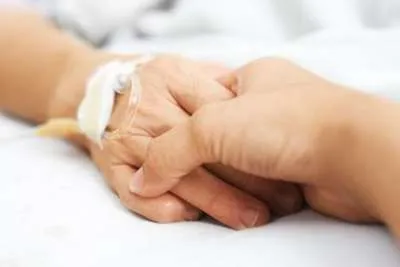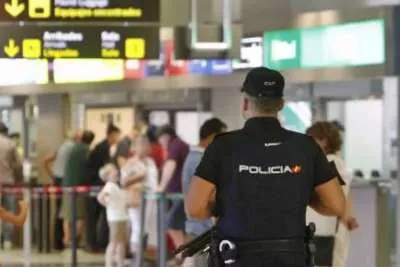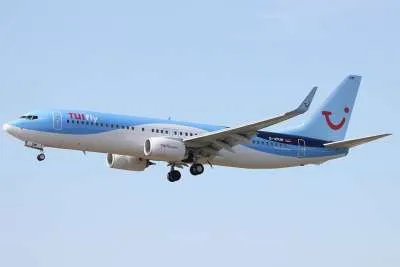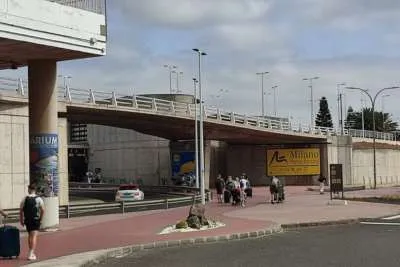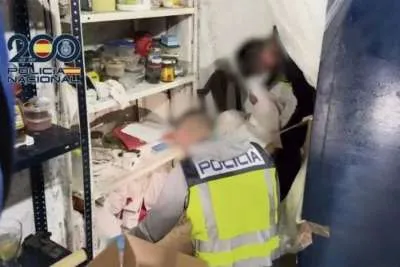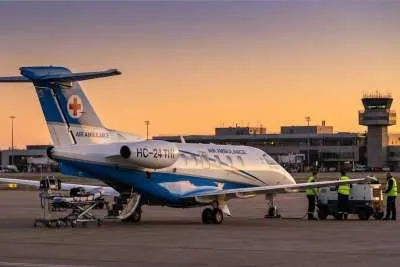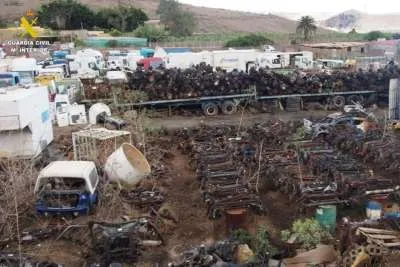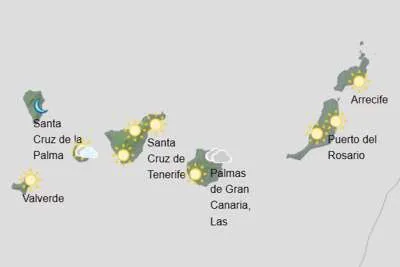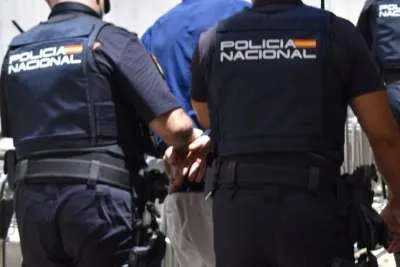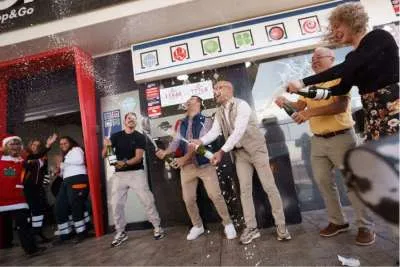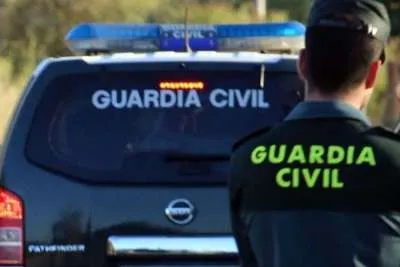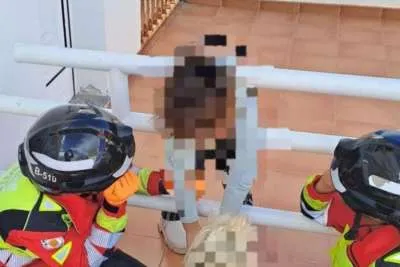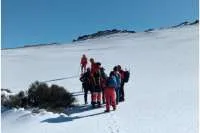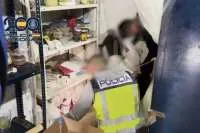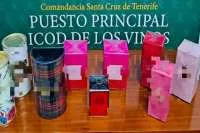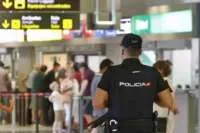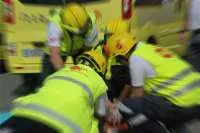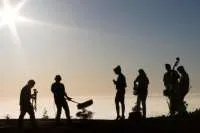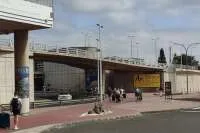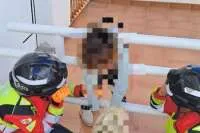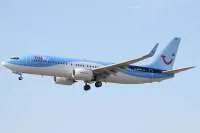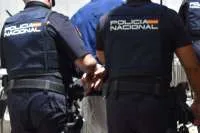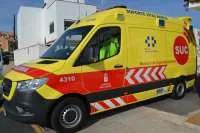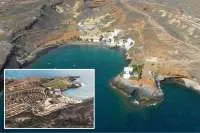These are the changes to Level 2 restrictions from next week
- 10-12-2021
- National
- Canarian Weekly
Following yesterdays Governing Council meeting, the announcement of any level changes for the islands have been delayed until today (Friday), even though the Minister of Health and Vice President of the Canary Islands made it very clear that Tenerife and Gran Canaria will finally move into Level 2 to due to the evolution of epidemiological on the islands, which ‘coincides’ with the introduction of the voluntary use of the Covid Certificate, and the end of the extension to capacities, group sizes and opening hours in each level.
As published in Thursdays BOC, the use by businesses of the Covid Certificate to operate in capacities, group sizes, and opening hours of the level below comes into force today, but that wasn’t the most poignant part of the publication.
They also published that the extension of the increase of capacities, group sizes, and opening hours that were introduced at the end of September and extended twice, finish at 00.00H on Tuesday December 14th, meaning that the previous decreed restrictions for Level 1, 2, 3, and 4 come back into force.
Assuming that it is confirmed today that Tenerife and Gran Canaria move into Level 2, these are the restrictions that will be in place if businesses don’t choose to enforce the uses of the Covid Certificate:
Capacities: 75% outdoors and 50% indoors.
Group sizes: Max 8 people can meet in public, at home, or sit together in bars and restaurants.
(Excluding cohabitants, i.e. people who reside under the same roof)
Closing time: 2:00am maximum, earlier if your licence depicts.
Nightlife: Discos, nightclubs, and fun pubs have the same capacities and closing hours as hospitality venues. Dancing is not allowed.
Nightlife venues MUST collect name and surname, ID, and telephone number information for employees and clients for track and trace, in accordance with the provisions of article 5.2 of this Decree-Law.
This information MUST be kept at the disposal of the health authorities for one month, and will be carried out in accordance with the provisions of the personal data protection regulations, with the sole purpose of monitoring, surveillance, and epidemiological control of Covid-19.
Public shows: Cultural, recreational, leisure, and sports activities, that take place sporadically in places other than venues intended for that commercial activity, and those held in removable or open-air facilities, which are not considered to be mass events, can only be held outdoors with a maximum of 50% capacity if no food or drink is consumed, and 33% if food or drink is consumed. The audience must remain seated at all times.
Cultural events: Capacities in venues such as theatres, cinemas, auditoriums, cultural centres, libraries, concert halls, exhibition halls, museums, and others of a similar nature, the maximum allowed capacity is 55%.
Mass events: the maximum number of attendees will be adjusted to what is established in the health authorization, and other circumstances provided for in article 13.
Live events: Music festivals, fiestas, parades, and other popular events may not be held.
Tourism activities: A maximum of 30 people may participate in activities that are guided, in maximum groups of 8 people.
Health centres: They will modulate the limitations of capacity and groups of people so that there is no impairment in health care, maximizing preventive and hygiene measures.
Outdoor children's and youth camps: Maximum capacity of 75% in outdoor spaces with a maximum of 100 participants. A maximum capacity of 33% indoors and a maximum of 30 people.
Public transport: 50% in public land, urban, and metropolitan passenger transport.


